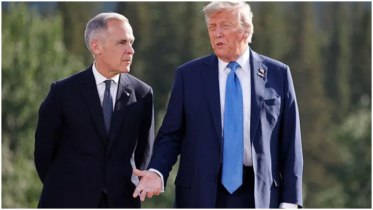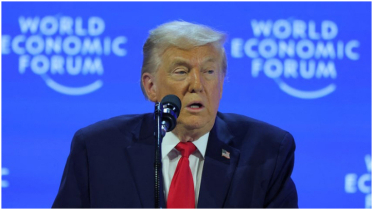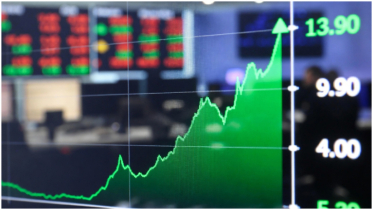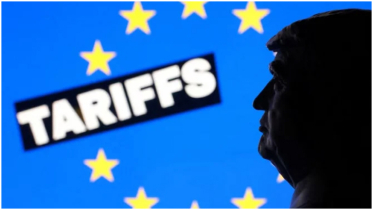US urges China to deter Iran from blocking strait of Hormuz amid escalating tensions
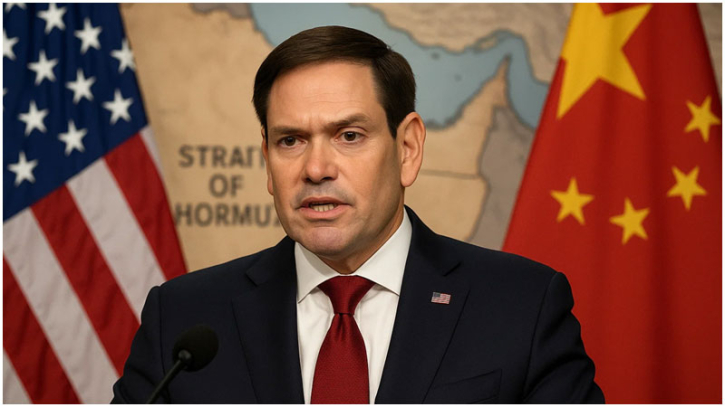
U.S. Secretary of State Marco Rubio has called on China to prevent Iran from closing the strategic Strait of Hormuz, warning that any disruption to the vital oil shipping route could have global economic consequences.
Rubio’s appeal follows Iranian state media reports that the country’s parliament approved a plan to close the Strait, though the final decision rests with Iran’s Supreme National Security Council.
"China depends heavily on oil that flows through the Strait of Hormuz," Rubio told Fox News on Sunday. "If Iran follows through, it would be economic suicide for them. We have options to deal with it, but other countries—especially China—should be alarmed."
Roughly 20% of the world’s oil passes through the Strait, a narrow waterway critical to Middle Eastern energy exports. Disruptions in the area have already triggered a spike in global oil prices. Brent crude surged to $78.89 a barrel late Sunday, its highest level since January.
The rising tensions follow the U.S. strike on Iranian nuclear facilities over the weekend. President Donald Trump declared the sites had been "obliterated," though the extent of the damage remains unclear. The UN nuclear watchdog said it has been unable to verify the impact at Iran’s heavily fortified Fordo facility. Iran claimed the damage was minor.
In response to U.S. actions, China has urged restraint. Beijing criticized Washington for destabilizing the region and called for an immediate ceasefire. "All parties should avoid escalating the conflict," said China’s UN Ambassador Fu Cong.
China, Iran's top oil customer, imported over 1.8 million barrels per day from Iran last month, according to data from ship-tracking firm Vortexa. Analysts say Beijing has both the leverage and the incentive to dissuade Tehran from blocking the Strait.
"Iran has little to gain and too much to lose," said energy expert Vandana Hari. "Closing the Strait risks alienating Gulf neighbors and angering China—its most important oil market."
Oil analyst Saul Kavonic warned that tensions could escalate further. "The U.S. has deployed overwhelming military resources in the region, but the threat to oil prices remains high."
The cost of oil directly impacts global markets, from fuel prices at the pump to food costs in stores. The situation in the Strait of Hormuz could have ripple effects well beyond the Middle East if diplomacy fails.
.png)

